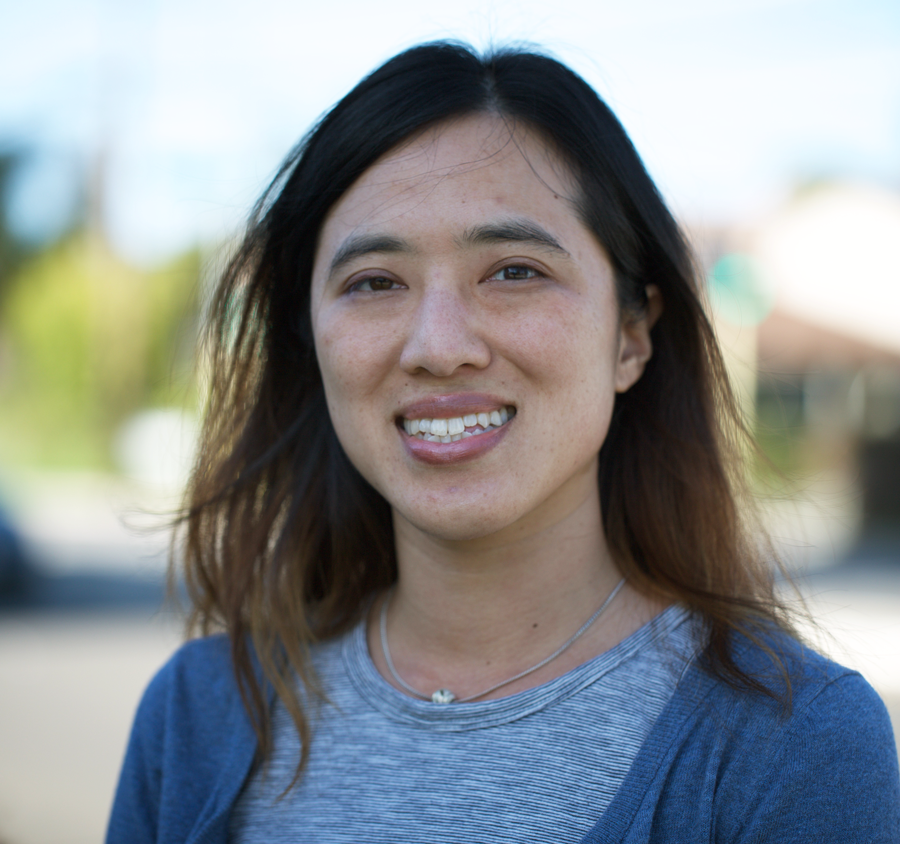
Bringing Science to Communication, Ong Translates for the Future
When Siri is asked what the weather is doing in Kalamazoo, there is a pretty good chance Leneve Ong has helped deliver the answer.
Ong, who earned her Masters of Science from CEE’s Advanced Infrastructure Program in 2011, is a data scientist who helps Apple Inc.’s Siri understand spoken queries and deliver correct responses.
“I help formulate and conduct experiments to make improvements in Siri’s natural language understanding,” she said, adding that that is a particular field of Artificial Intelligence (AI). Ong’s team, comprised of engineers and scientists, design the datasets and the machine learning models that consume them. The team then develops the data acquisition process, which includes deciding what kind of language data to collect, and how best to optimize collecting it. Ong’s work is integral to helping Siri understand a request based on keywords, to generalize and translate the meaning of the request, and to respond appropriately.
She likens it to how we all learn to talk: When we are very young, we hear the words, we internally parse them into parts of speech, we translate the words into meaning using the surrounding context and we respond accordingly. That, she says, is what she helps Siri
“When it is all broken down into little pieces, we can engineer something around taking those different pieces of information, using a template of what the response can be, and put those pieces back together to form an appropriate response,” she says.
“As a data scientist, I feel like it is a great role for me,” she says. “It is very cross-functional. I get to work with various teams because I am engaging them to understand the systems they are building, or help them validate it, or collect the data they need in order to build new features.”
Ong joined Apple in January 2018, after working for PowWow Energy as a data scientist helping farmers detect water leaks using smart meters monitoring electricity usage. She also worked for Zillow Group collecting data and writing computer programs - a largely self-taught skill – to, among other things, detect fraudulent listings on its rental properties’ platform.
“It’s hard to think, now, that I had zero software background. It has been a really big change for me over these last couple of years,” she says.
Ong says she never felt constricted to a particular industry or field of study. In part, she says, that’s because she had mentors who instilled in her the sense that by studying engineering, she was learning a way of thinking about and looking at problems, and forming solutions in a scientific manner.
“It’s just taking that frame of mind from the physical world that you can apply to any system,” she says, adding that CMU’s interdisciplinary culture – where she had exposure to programming and machine learning, and the opportunity to learn from and work with people in a variety of fields of study - reinforced the idea that her future in engineering and data science would only be stifled by the limits she imposed on herself. “Just because you studied or focused on one thing doesn’t mean you have to continue doing that thing forever. You can find a lot of commonalities with other fields. Different life experiences keep you open and agile.”
